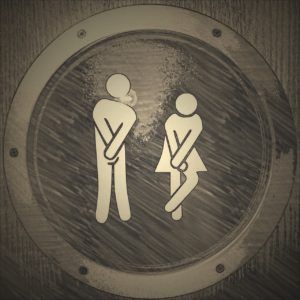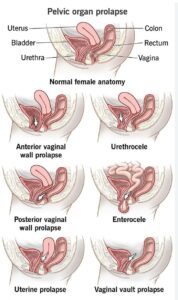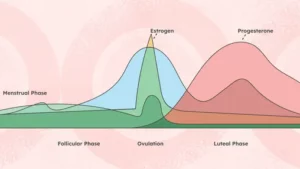Stress Incontinence
After Giving Birth
Both pregnancy and labour traumatised the pelvi-perineo-urinary system. Multiple injuries and dysfunctions can occur. They are named vesical instability: 13% to 26% of women suffer from urinary problem after giving birth. It can manifest as:
- Dysuria with post-micturition residue. Dysuria is characterised by a difficulty to empty the bladder, with or without associated pain. This dysfunction is commonly overlooked because painless and with a progressive apparition. Dysuria is often associated with urine leakage when standing up afterward.
- Urgency micturition is a sudden irrepressible urge to urinate.
- Urinary incontinence by urgency is an involuntary urine leakage preceded by compelling urge to urinate, leading sometimes to complete urination. This type of incontinence is caused by an involuntary contraction of the bladder and it is not link to physical activity. It is named instable bladder or hyperactive bladder. It can appear in certain situation associated with reflex micturition such as incontrollable laugh, fear, orgasm…
- Effort urinary incontinence: 30% to 50% of women suffer from this condition. Risk increase with number of pregnancy and age. It is characterized by urine leakage (not preceded by urgency) occurring when sneezing, laughing, coughing, and lifting or during physical activities (running, jumping…). In extreme cases, even walking can trigger it. This type of incontinence is due to a brutal abdominal pressure increase causing leaking through either hypermobility of the urethral canal (urinary canal) or sphincter failure (weakness of muscles blocking the urethra).
- Mixt urinary incontinence is a combination of two above dysfunction.

Treatments :
You can find in this video our tips to manage urgency!
If you wish to learn more about the different type of incontinences you will find even more details here:
What type of incontinence do you have?



